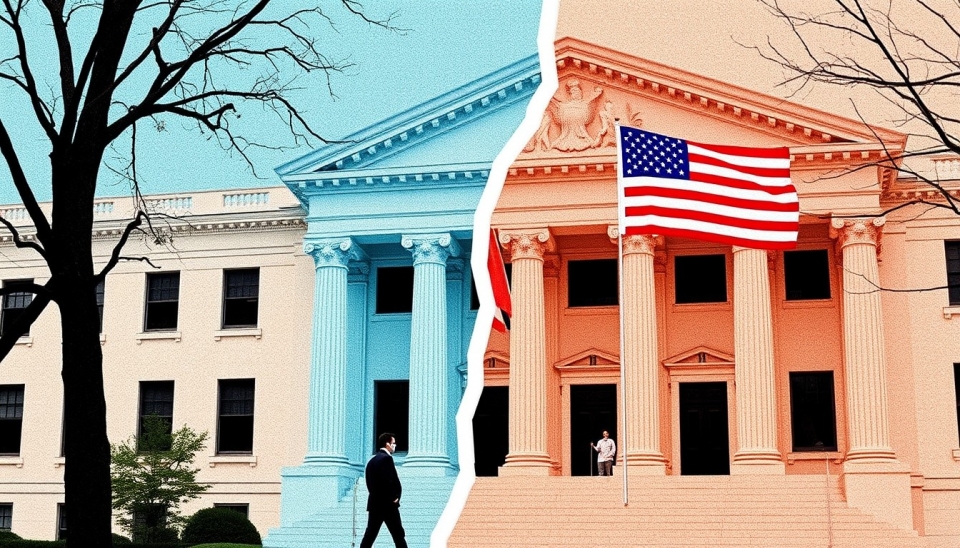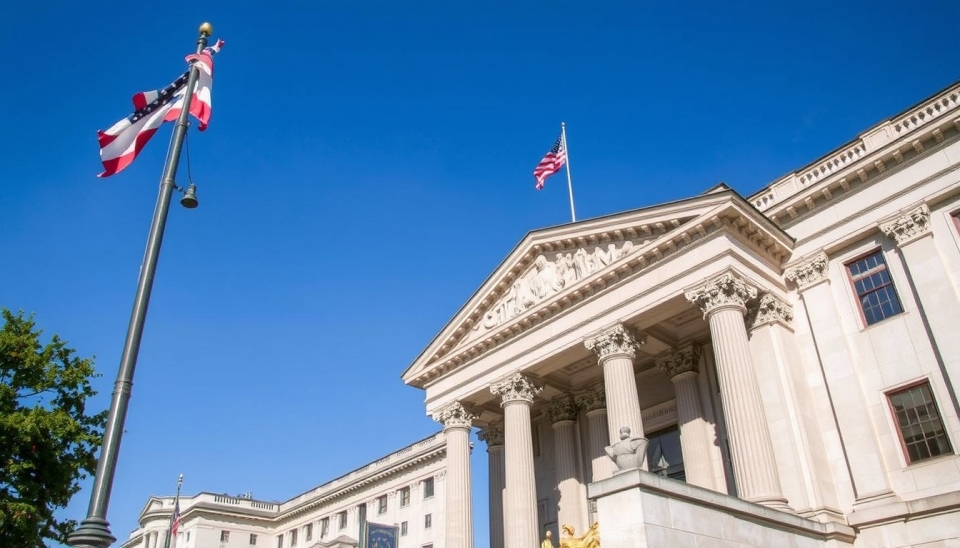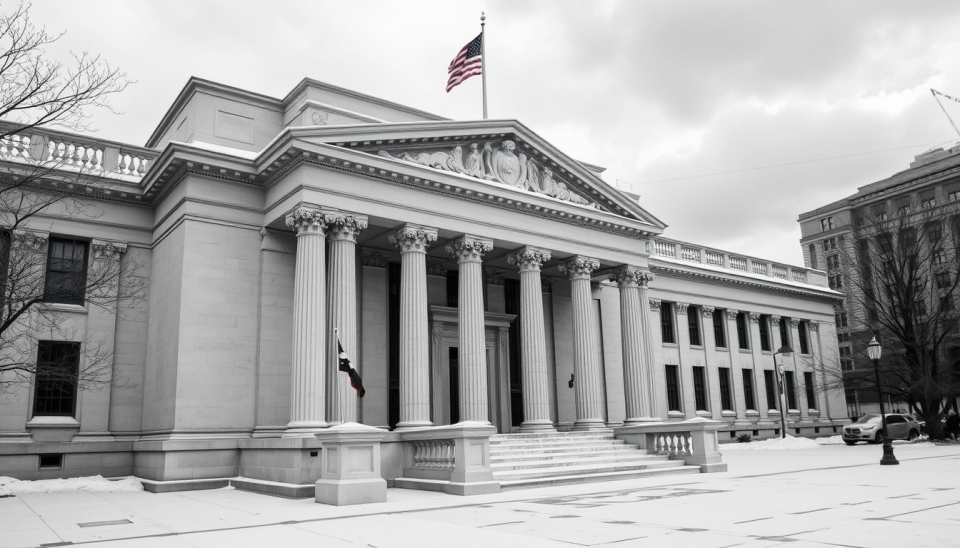Central Banks: Diverging Rate Paths Ahead of Jackson Hole Conference

As the annual central bank conference in Jackson Hole approaches this week, it becomes clear that major global financial institutions are beginning to diverge in their approaches to monetary policy. While some central banks continue to raise interest rates in response to high inflation, others, such as the European Central Bank (ECB), may have already reached their peak rates.
In particular, this week, the U.S. Federal Reserve kept its rates unchanged, yet hopes for further increases remain on the horizon, while in Europe, economic growth is slowing, raising doubts about the possibility of continuing rate hikes. The situation in Asia also varies, with several central banks demonstrating a willingness to ease their policies, while others remain more orthodox in their approach.
This schism in the approaches of central banks could lead to increased uncertainty in global markets and complicate the tasks for investors trying to adapt their strategies to this changing economic environment. Experts predict that at the Jackson Hole conference, which will gather the world’s top financial minds, questions about monetary policies, inflation fluctuations, and the consequences of economic growth will take center stage in discussions.
Despite this, meeting participants must tread carefully in forming predictions, considering that different regions continue to face unique challenges. Can the global economy move in one direction when each central bank acts according to its own vision? And what strategy may prove most successful in the long run?
Amidst all these discussions remain critical questions about how markets will react to central bank decisions and what impact this will have on economic growth and inflation globally. These significant issues will be crucial not only for financial institutions but also for businesses and everyday citizens.
#centralbanks #monetarypolicy #inflation #economy #JacksonHole #financialmarkets #investors




